Mountain tea is made from plant leaves of Sideritis species.
Mountain tea, which is a herbal tea, has been used for many years for health benefits.
The tea, sometimes known as “ironwart”, is made of fresh harvested herbs in Mediterranean today. Dried mountain tea can be found in healthy food stores or in transfers.
It can help health of digestive system and contains natural antioxidants.
Table of Contents
Flavonoids and Antioxidants
In 2011, Journal of Ethnopharmacology published a study on flavonoid content of all plants of sideritis.
Researchers have discovered that all sideritis species have anti-microbial, anti-inflammatory, antioxidant and anti-spasmodic properties, although more than 150 species are present.
It was rich in natural antioxidants, including flavonoids, and contained essential oils of almost all types.
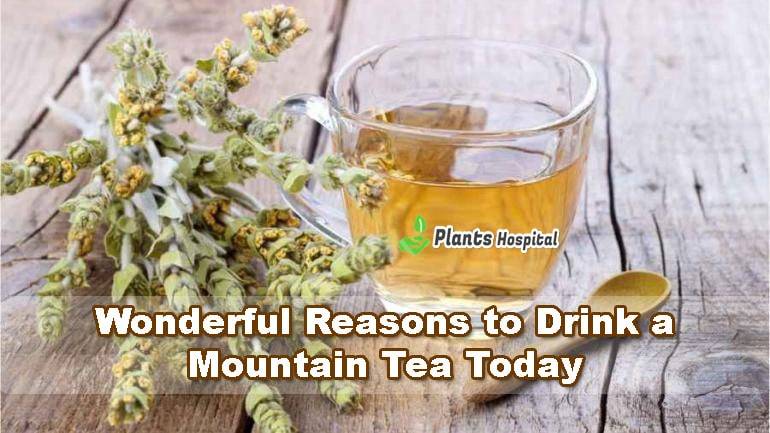
Reduces Blood Pressure
In a study published in 2012 edition of Journal of Physiology and Pharmacology, they found that extracts of sideritis can help relieve blood vessels and help lower blood pressure.
Animal studies have measured arterial blood pressure and found that a dose of Sideritis extract leads to dilation of blood vessel, which helps to lower blood pressure and reduce stress in heart muscle.
While studies support use of Sideritis for heart health benefits, further research is needed before adoption of mountain tea as a treatment for cardiovascular conditions.
Protects Digestive System
In 2012, Planta Medica published an animal survey effects on gastrointestinal health and disease of mountain tea.
Researchers discovered that oral intake of mountain tea leads to less inflammation in gastrointestinal tract, possibly due to presence of naturally occurring phenols and antioxidants in plant.
Researchers found that use of supplement, in long term, led to low inflammation and toxicity, indicating protective properties of mountain tea.
While results are promising, further studies are needed to use mountain tea as a herbal for gastrointestinal complications.
Reduces Symptoms of Anxiety & Depression
Hippocrates, while sipping mountain tea has a positive effect on anxiety and depression and a scientific research said that is real.
In an article published in April 2015 review of Molecules Journal, four flavonoids found in mountain tea have been shown to have an effect on HMO’s inhibition in human brain.
High levels of HMO in brain are associated with various conditions such as anxiety, depression, Alzheimer’s and Parkinson’s disease.
In other words, regular consumption of mountain teas can help prevent aging-related mental illnesses, while also helping other people with no age-specific or mood disorders.
If you are suffering from anxiety or depression, regularly consumed tea may have beneficial effects for you.
Can Increase Libido
There are some references in older sources, show that regular consumption of greek mountain tea may have positive effects on libido.
Although there is little scientific research in this area, some anecdotal evidence is entirely possible to be true.
Both of them; Because of high content of potassium and zinc, which are required for overall health and sexual health so drinking this drink can help balance mineral.
In addition, regular consumption with anti-anxiety and antidepressant qualities can help impotence and in fact becomes even more difficult when you depressed or anxious.
Also See:
Other Health Benefits of Mountain Tea
→ Hippocrates, father of a great philosopher and modern medicine, praised greek mountain tea for its positive effects on immunity and respiratory system.
→ And for thousands of years greeks drink this tea because of their health benefits, such as colds, breathing problems, digestion, a positive effect on immune system and anxiety.
→ More recently, modern science has begun investigating to better understand health benefits of greek mountain tea.
→ A number of studies have shown that osteoporosis, Alzheimer’s disease and even cancer have a positive effect on prevention numerous different diseases such as cold, fever, respiratory problems, digestive problems and anxiety.
→ In a recent research report by a leading bio-analytical laboratory at Brunswick Labs, a number of biological effects have been recorded, including antioxidant, oxidative stress-reducing, antimicrobial, antieinflammatory and gastro-protective activities.
→ A study cited by this report showed that mountain tea was as powerful as green tea in stimulating cellular antioxidant defenses and preventing oxidative stress.
→ The Alzheimer study by a German university revealed that mountain tea extract had significantly improved memory capabilities, untreated mice and control groups treated with a Ginkgo biloba extract.
→ The health benefits of mountain tea can be attributed to rich phytonutrient content.
→ Phytonutrient are organic compounds found in plants that protect from diseases.
→ And phytonutrient are believed to play an important role in optimizing our health and protecting us from age-related diseases.
→ This is one of reasons why we add a wide variety of plants to our diet.
→ Certain herbal teas such as mountain tea, our scholars can provide support for everyday fitness. Mountain Tea is a powerful source of two important plant feeder classes, phytonutrient and flavonoids, which contain significant amounts of antioxidants.
→ Other important phytonutrient in mountain tea include caffeic acid (not to be confused with caffeine), luteolin, quercetin and apignene.
Recommended Articles:
- 17+ Health Benefits Of Cinnamon Tea: 10 Strong Reasons To Drink More
- Green Coffee Tea: Health Benefits, Uses, Side Effects And Warnings
- Avocado Leaf Tea: Benefits, Uses, Side Effects And Recommendation
- 14 Wonderful Health Benefits Of Jasmine Tea: Recipe, Uses & More
- 9 Wonderful Health Benefits Of Lady’s Mantle Tea (Alchemilla Vulgaris Tea)

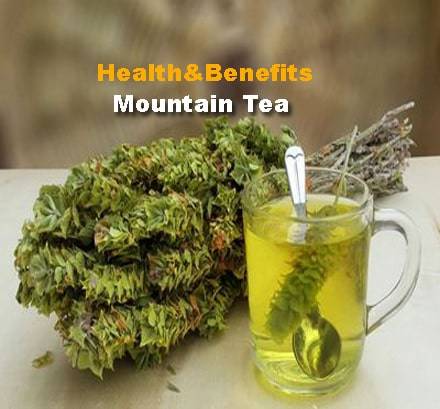
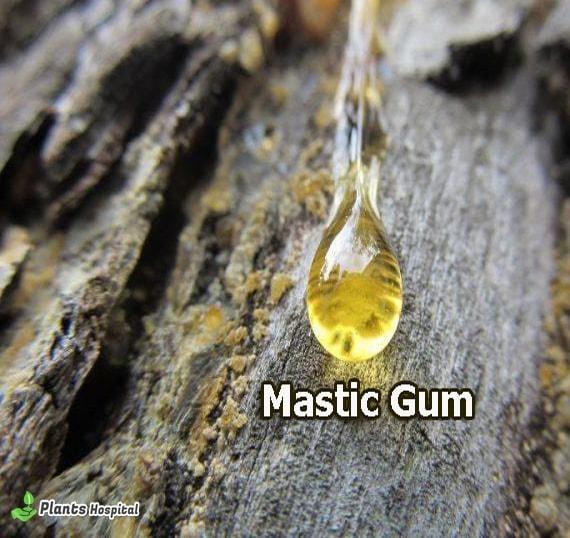

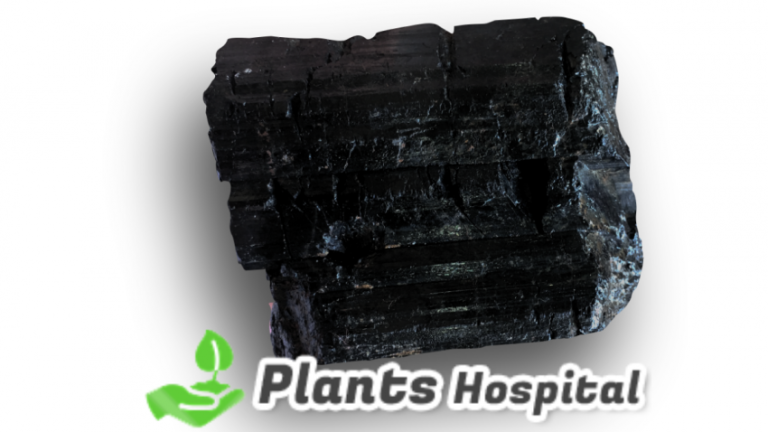
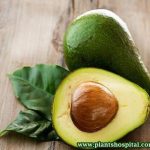



“High levels of HMO in brain are associated with various conditions such as anxiety, depression, Alzheimer’s and Parkinson’s disease.”
I’m having difficulty understanding this. When researching HMOs in the brain this appears on to happen to infants who are feeding regularly on human breast milk. I can find NOTHING on HMOS in the brain for adults or even a single article referring to HMOs being connecting in anyway to anxiety, depression, AD and PD.
Could you please clarify?
This tea can come from Macedonia and from other country?